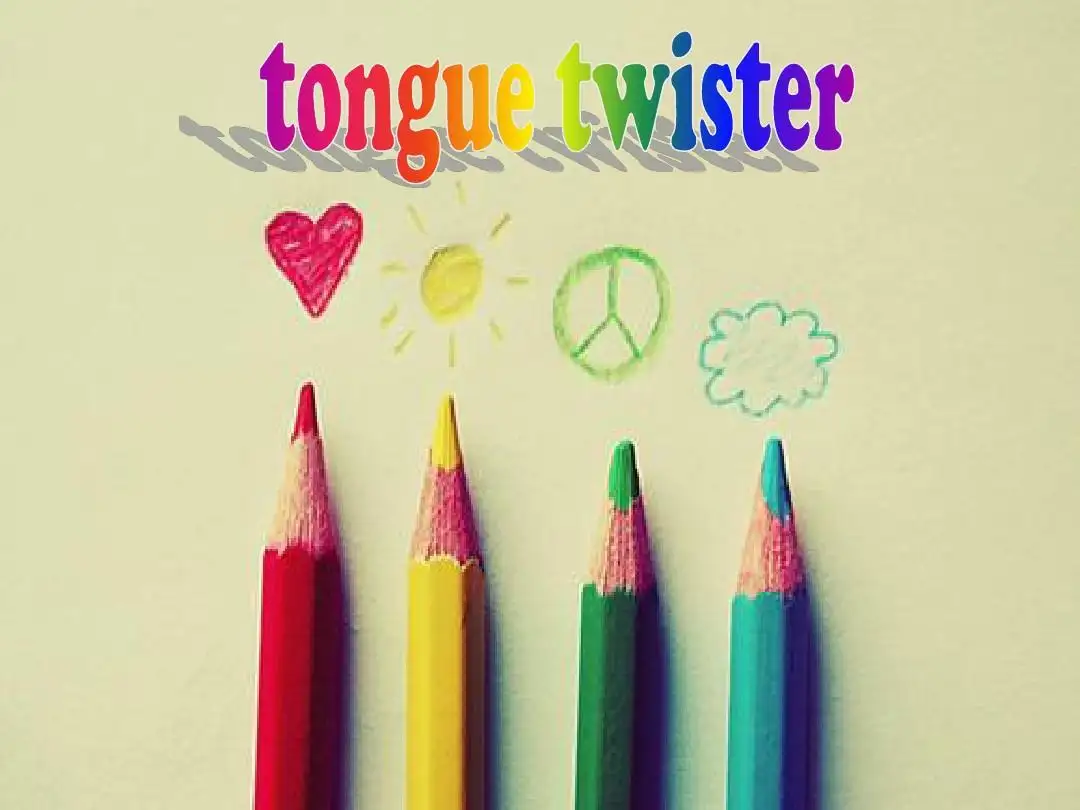Chinese Tongue-twister 四和十 (Sì hé shí) Four and Ten

四和十 (Sì hé shí) Four and Ten
Sì shì sì, shí shì shí, shí sì shì shí sì, sì shí shì sì shí,
四 是 四, 十 是 十,十 四 是 十 四,四 十 是 四 十,
Four is four, ten is ten, fourteen is fourteen, forty is forty.
shí sì bú shì sì shí , sì shí bú shì shí sì,
十 四 不 是 四 十 , 四 十 不 是 十 四
Fourteen is not forty, forty is not fourteen.
First is the number "四" (sì), its pronunciation is a voiced consonant with a clear "s" sound followed by a short, crisp "i" sound. The pronunciation of "四" should be gentle, without too much force.
Next is the number "十" (shí), it starts with the initial consonant "sh". The pronunciation of "十" is a clear "sh" sound followed by a long "i" sound.
Funny Stories Related to the Pronunciation of "Four" and "Ten" in Chinese
The pronunciation of "four" and "ten" in Chinese often leads to some amusing jokes and misunderstandings. For example, once a foreign friend wanted to buy four apples, but his pronunciation wasn't very accurate, and the shopkeeper mistakenly thought he wanted to buy ten apples. As a result, the friend felt very confused because he only needed four, not ten apples.
Another example is when a foreign friend wanted to express how satisfied he was with the service at a restaurant, but he accidentally confused the pronunciation of "four" and "ten." So he said, "I am ten satisfied with your service!" The waiters all laughed because he unexpectedly expressed a high evaluation of the service, but his pronunciation caused a misunderstanding.
- How many apples do you want?
你要买几个苹果?
Nǐ yào mǎi jǐ gè píngguǒ? - I want to buy four apples.
我要买四个苹果。
Wǒ yào mǎi sì gè píngguǒ. - Here are ten apples.
这是十个苹果。
Zhè shì shí gè píngguǒ. - I want four!
我要四个!
Wǒ yào sì gè! - Sorry, I misunderstood.
对不起,我听错了。
Duìbùqǐ, wǒ tīng cuòle.